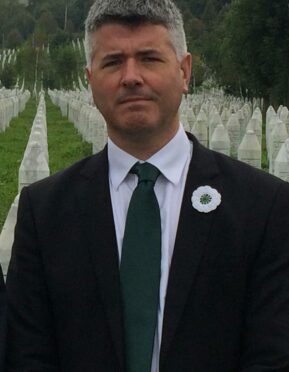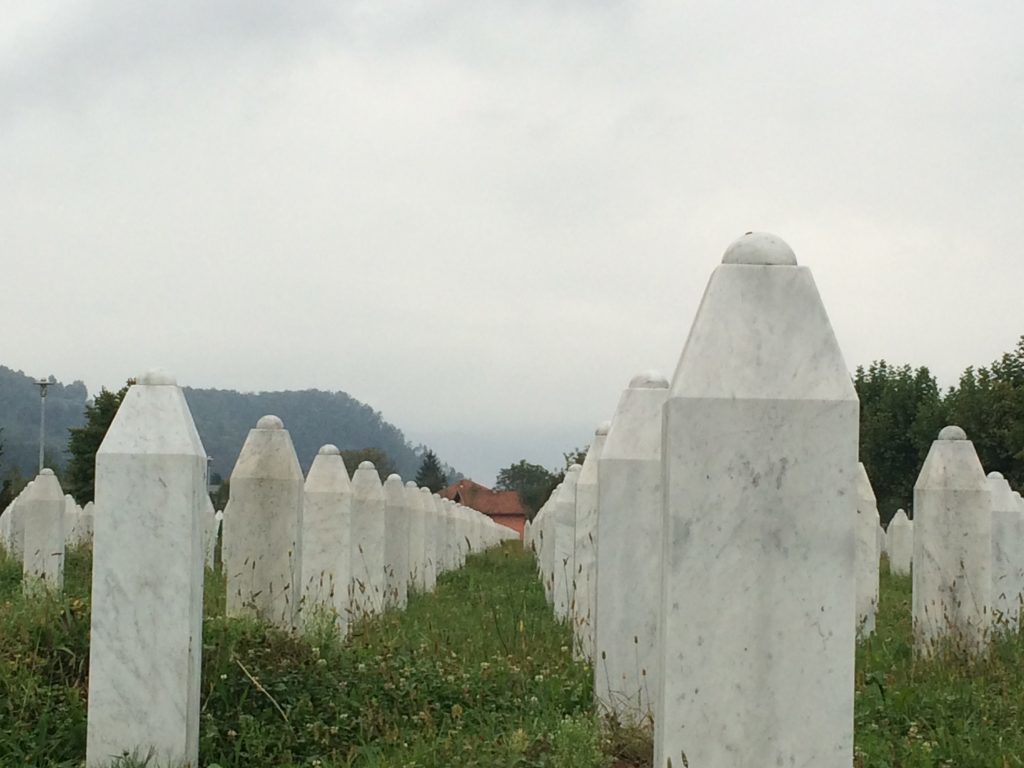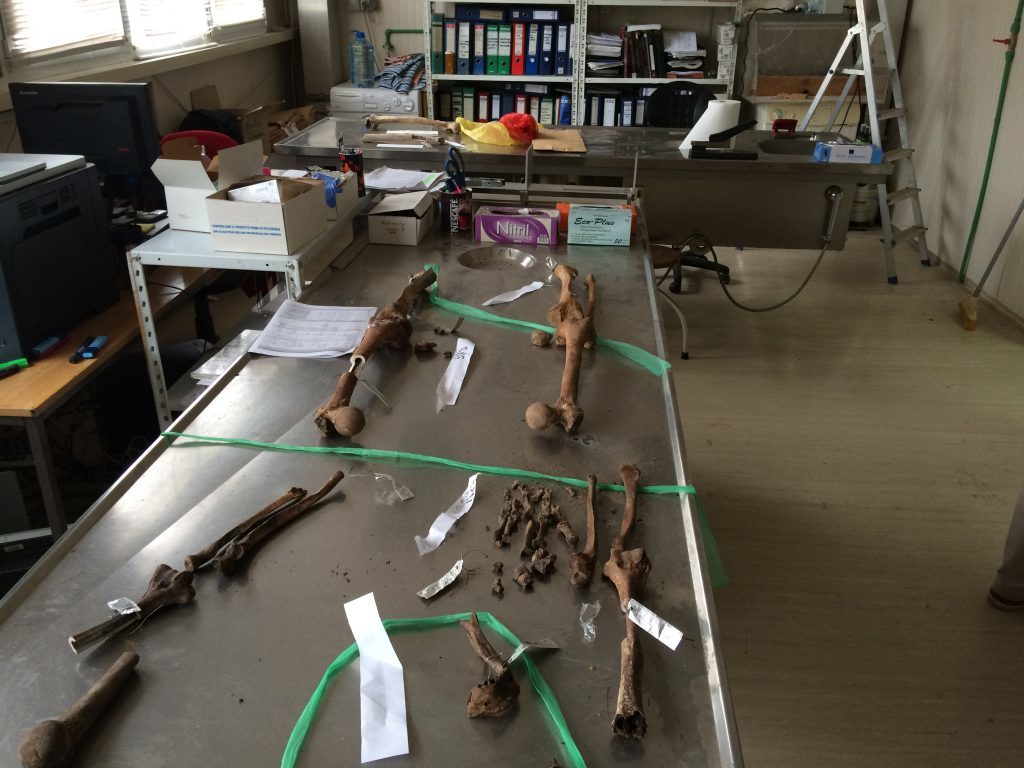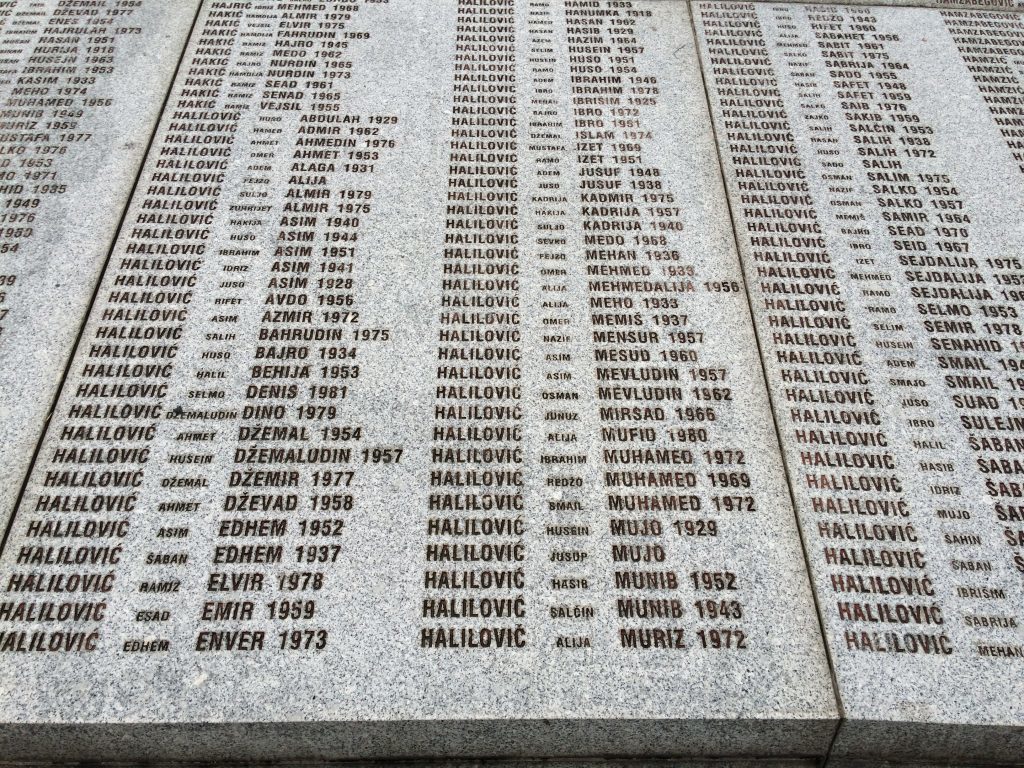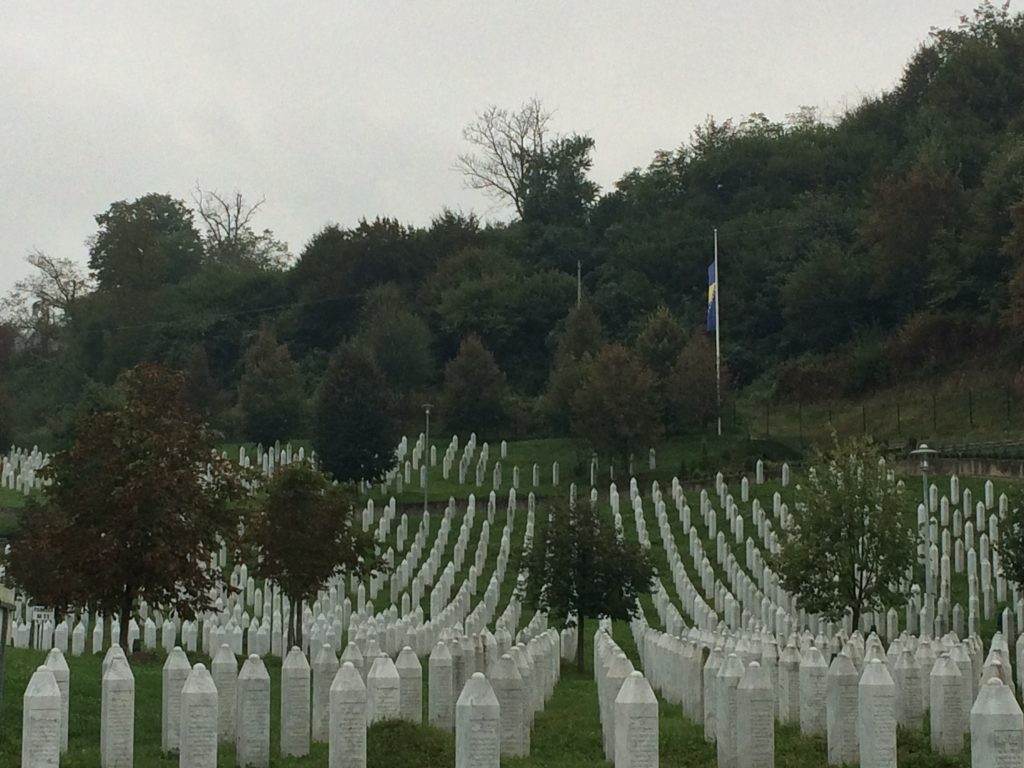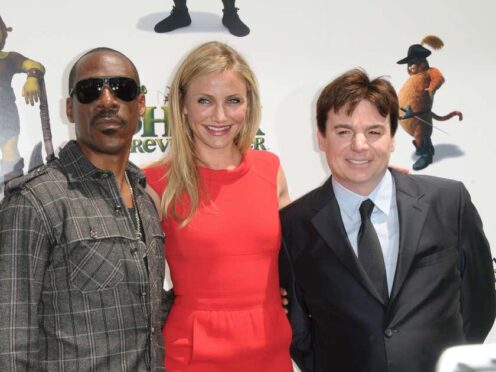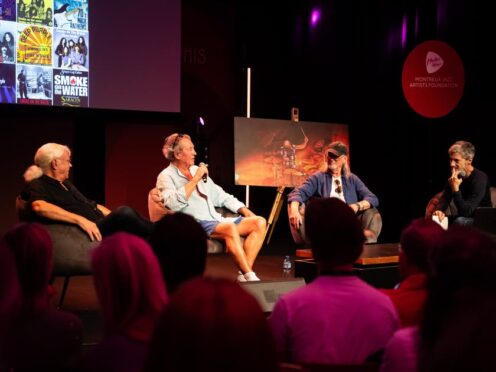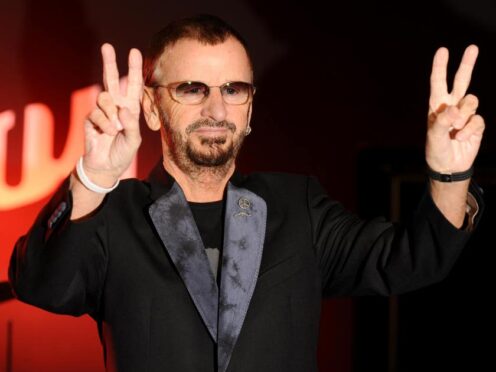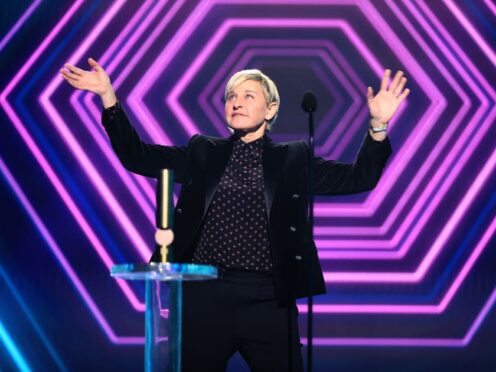A Fife MP with a long-standing interest in the Balkans has spoken of the “honour” of travelling to Srebrenica to learn at first-hand about the horrors of the genocide that took place there 21 years ago.
North East Fife MP Stephen Gethins, who is the SNP’s Europe spokesman, travelled with the “Lessons from Srebrenica” delegation which was led by David Hamilton, Fife-based chairman of the Scottish Police Federation (North Area).
Mr Hamilton is on the board of Remembering Srebrenica Scotland and drove relief lorries to Sarajevo during the four-year siege of the city by Bosnian Serb forces in the 1990s.
First Minister Nicola Sturgeon also travelled to Srebrenica with the charity recently and was so deeply moved by the experience that she has pledged that the Scottish Government will work to remember the victims and help more people in Scotland to learn the lessons from what happened.
Mr Gethins, a former special advisor to First Minister Alex Salmond with a particular interest in peace building, said: ““There are many shocking aspects to what happened in Srebrenica just over 20 years ago that led to the slaughter of thousands of men, women and children.
“Victims were largely, though not exclusively Muslim.
“However what for me was so shocking was just how easy it was for communities to turn on one another.
“It is easy to forget that prior to the Bosnian Civil War the country was a reasonably affluent and cohesive society and then Yugoslavia was a favourite spot for holiday makers from the UK.”
The group heard at first-hand about the genocide in Srebrenica when General Ratko Mladić and his Bosnian Serb forces marched into the town of Srebrenica and systematically murdered 8372 Bosnian Muslim men and boys.
The delegation heard from survivors of the genocide and relatives of the victims, as well as officials from the International Commission on Missing Persons which has spearheaded the effort to locate and identify the 40,000 people who went missing during the conflicts in former Yugoslavia.
The lessons from Srebrenica visit is part of Remembering Srebrenica’s wider education programme which has seen 21,000 young people learning the lessons from Srebrenica with free teaching resources for the Scottish Curriculum for Excellence launched last year.
The charity also organises memorial events across the UK to mark the EU-wide day of remembrance for the victims of the genocide.
David Hamilton of Remembering Srebrenica Scotland, added: “People always said following the Holocaust in World War Two that never again could we allow it to happen.
“But it did 50 years later in Srebrenica. That is why it is so important that we take more people to learn about it and become Community Champions to continue the work of educating people about the consequences of hatred and division taking hold when they return to Scotland.”
Other delegates travelling to Bosnia on the trip include Johann Lamont MSP, Lawrence Flanagan, General Secretary of the Educational Institute of Scotland, Professor James Mitchell from Edinburgh University and Maggie Singleton of Glasgow Life.
The ‘Lessons from Srebrenica’ educational programme will be taking a number of high profile delegations out throughout the next three years.
This year the participants include politicians, faith leaders, teachers, barristers, journalists and students all of whom pledge to organise projects in their communities to strengthen community cohesion and create a better society on their return.
https://www.youtube.com/watch?v=Pt5n2381Fzc
